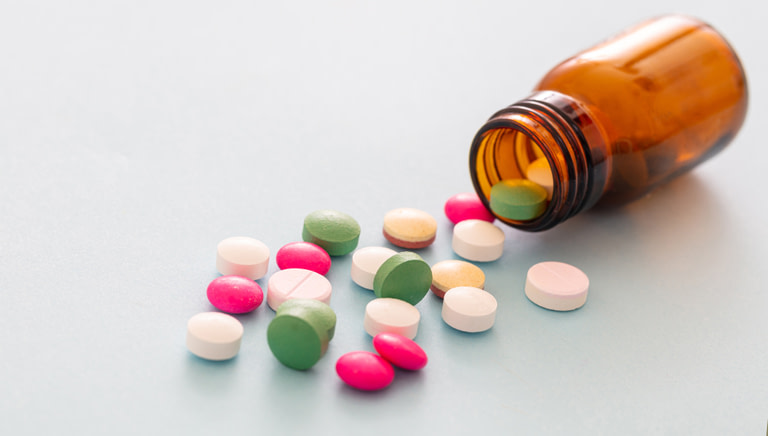What you need to know about prescription drug addiction

Table of Contents
- Vadim Shipilov
- May 8, 2020
- 3:41 am
Most times, when we hear about substance abuse, we assume it only relates to alcohol, illegal drugs cooked in labs, dank basements, and so on. We may not realize that medication – prescription drugs- can be abused and addictive too. The National Centre for Drug Abuse Statistics (NCDAS) estimates that 53 million or 19.4% of people aged 12 years and older in America have used illegal drugs or misused prescription drugs in 2017. It’s apparent that this has become a serious health issue. So how does medication go from healing to endangering one’s health?
What is prescription drug abuse and addiction?
Doctors prescribe drugs to their patients to help with various illnesses that ail them. Such drugs may include painkillers, antidepressants, or pills that help you sleep. These drugs are usually powerful and are only recommended to be taken in the exact dosage prescribed and for a specified period of time. Now, when people take these drugs without really needing them, without consulting a doctor and for the purpose of simply experiencing the euphoria that the drug causes, it becomes prescription drug abuse.
There’s a difference between medicine misuse and medicine abuse. The former is when one does need the drug, but they don’t follow their doctor’s instruction on how to take it. For example, they take more than what is prescribed, or they use the wrong drug to ‘cure’ their ailment, like taking some Percocet for a minor headache instead of an aspirin.
Abuse occurs when you don’t need the drug at all, yet take it for the feelings it gives you. It’s a very thin line that blurs constantly.
People who abuse drugs may be able to quit if they want to, but when they become totally dependent on these ‘highs’ and ‘lows’ and their body consequently needs larger doses to achieve the same state of euphoria, it may become an addiction.
- Adress: 2000 Daniel Island Dr
- Phone number: +1-865-973-0255
- Working hours: 24/7
- Adress: 126-124 Bentley
- Phone number: +1-865-973-0255
- Working hours: 24/7
What are the signs of prescription drug addiction in adults?
The road to recovery
If you are ready to make your pain the source of your power, just give us a call!
Addiction has become major problem of modern humanity. It should be known that HKC is not just a drug addiction recovery center. Primarily, HKC recovery coaching is a place for those who are ready to change and can no longer remain in despair. Our goal is to create a supportive environment so that you can better understand yourself and destroy your addictions, fears, and fixations. Remember, you are not alone in your struggle. If you are ready to make your pain the source of your power, just give us a call!
Sources:
1. https://drugabusestatistics.org/


